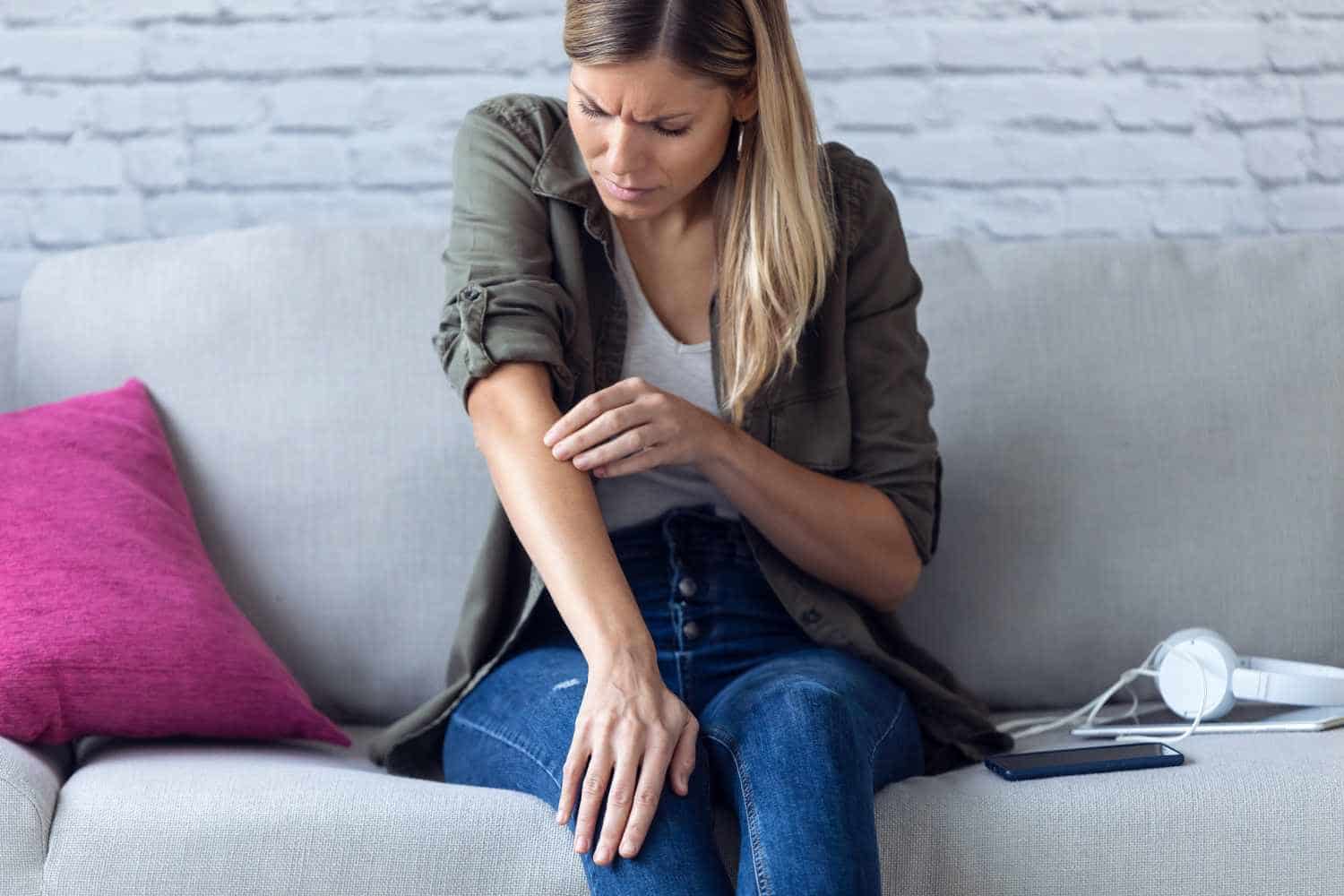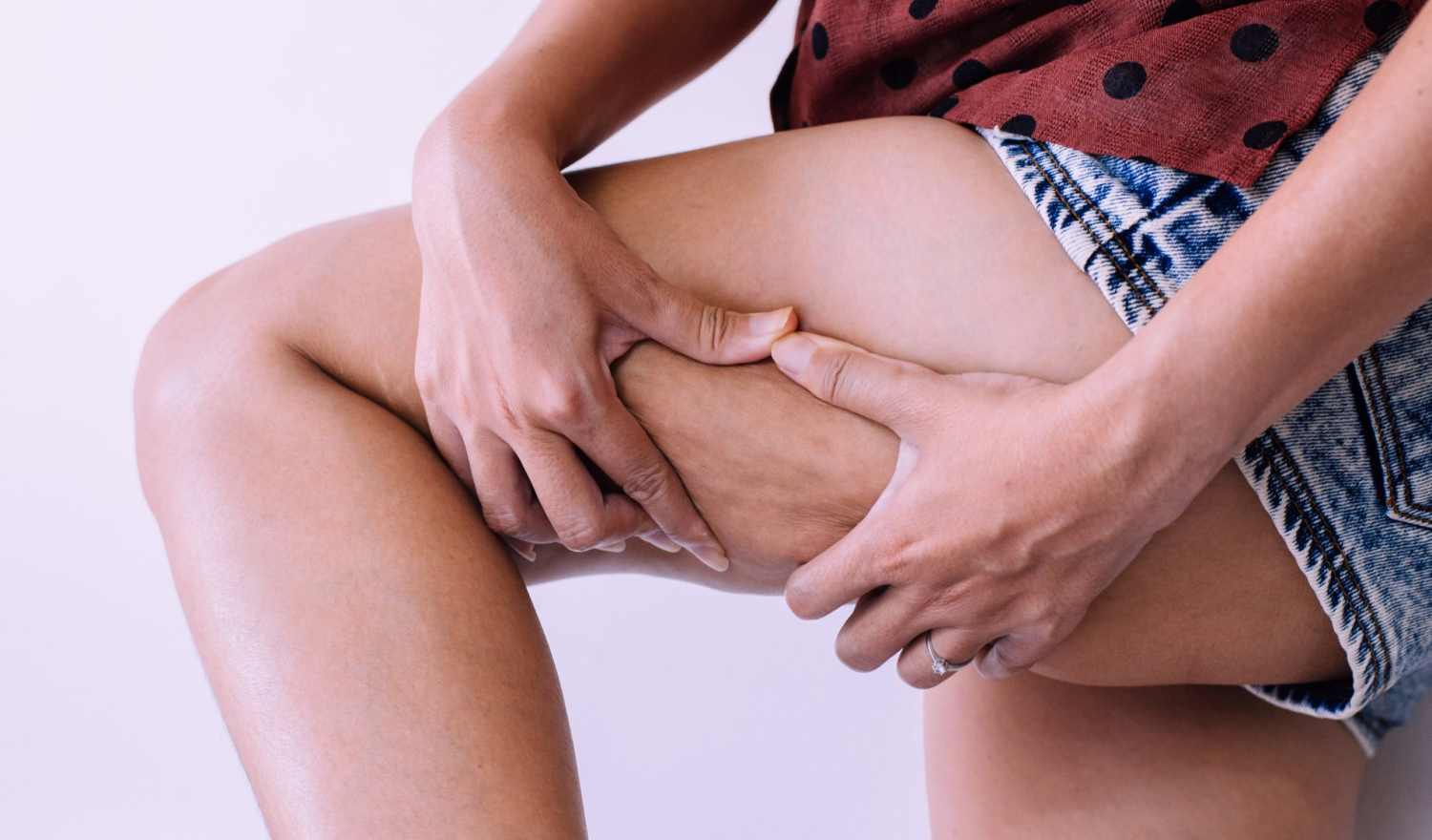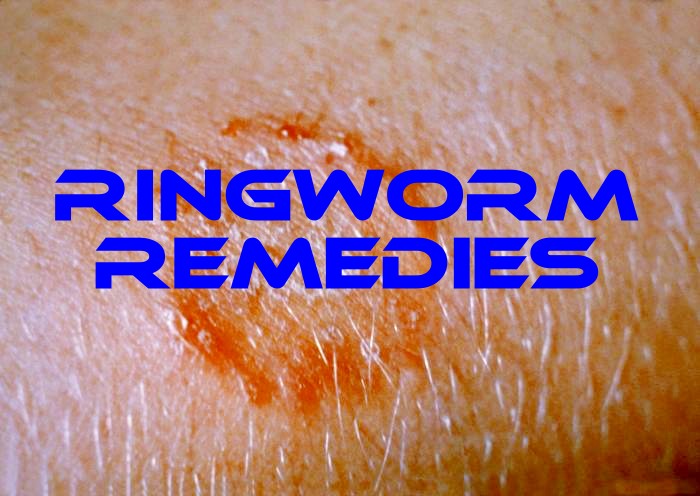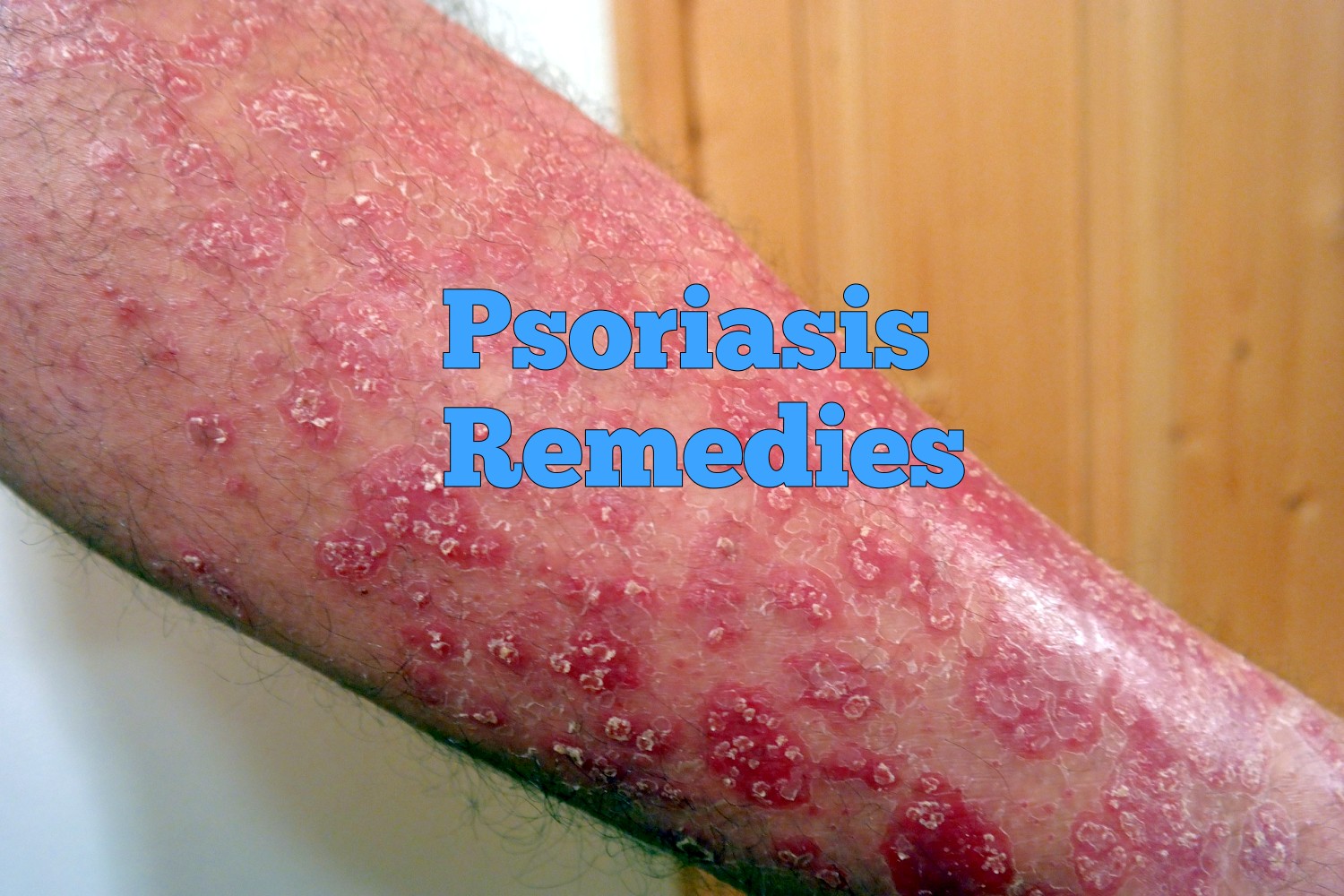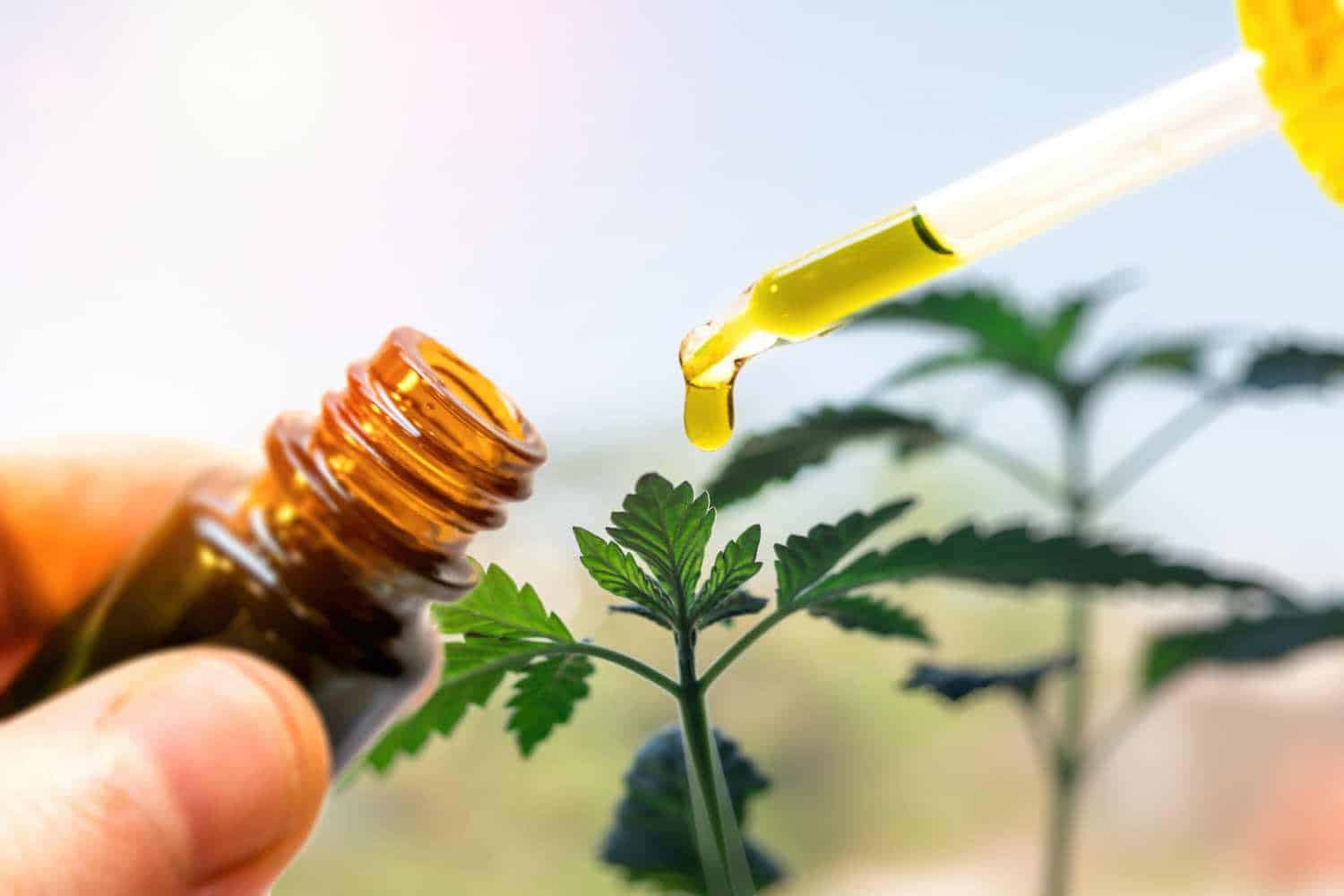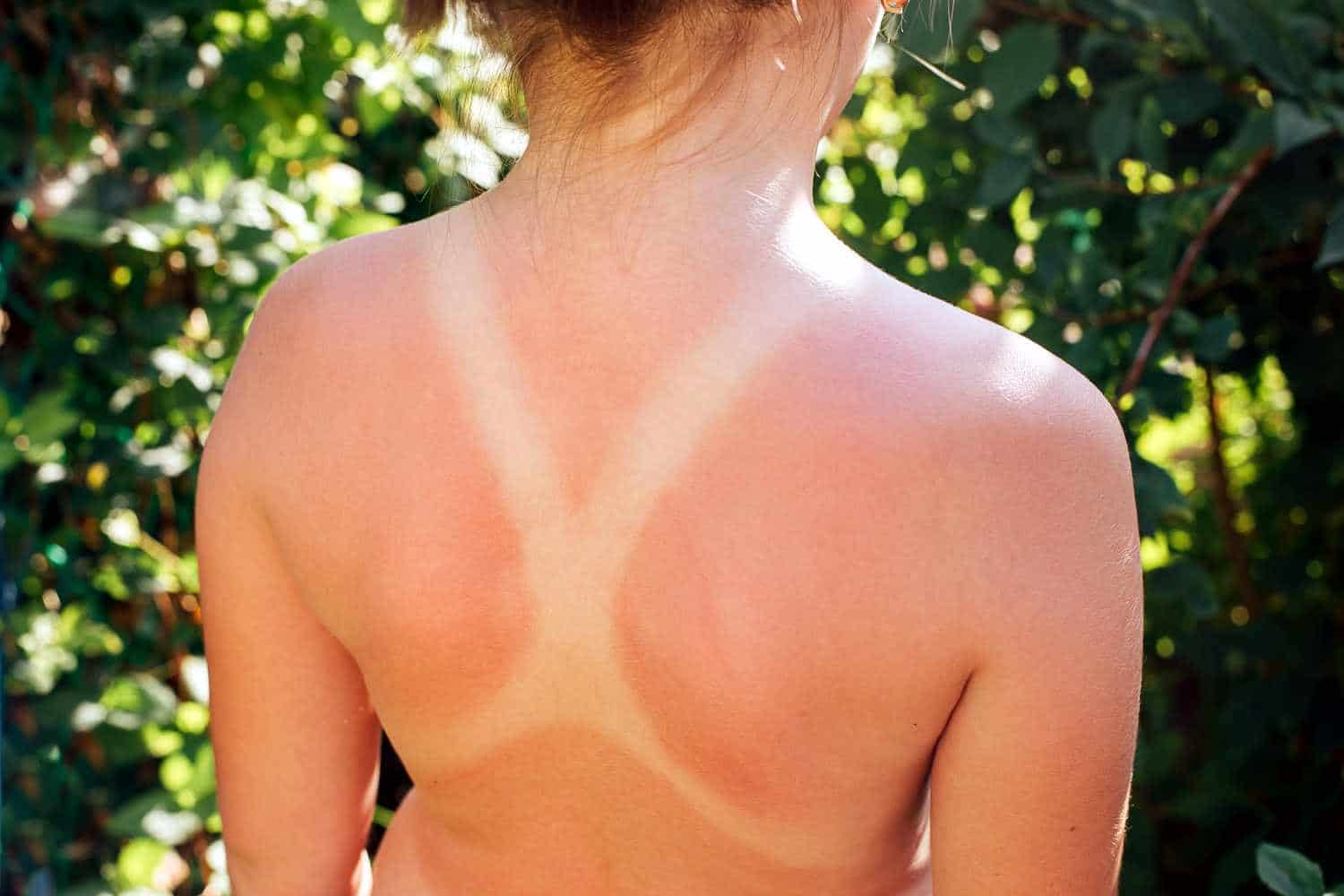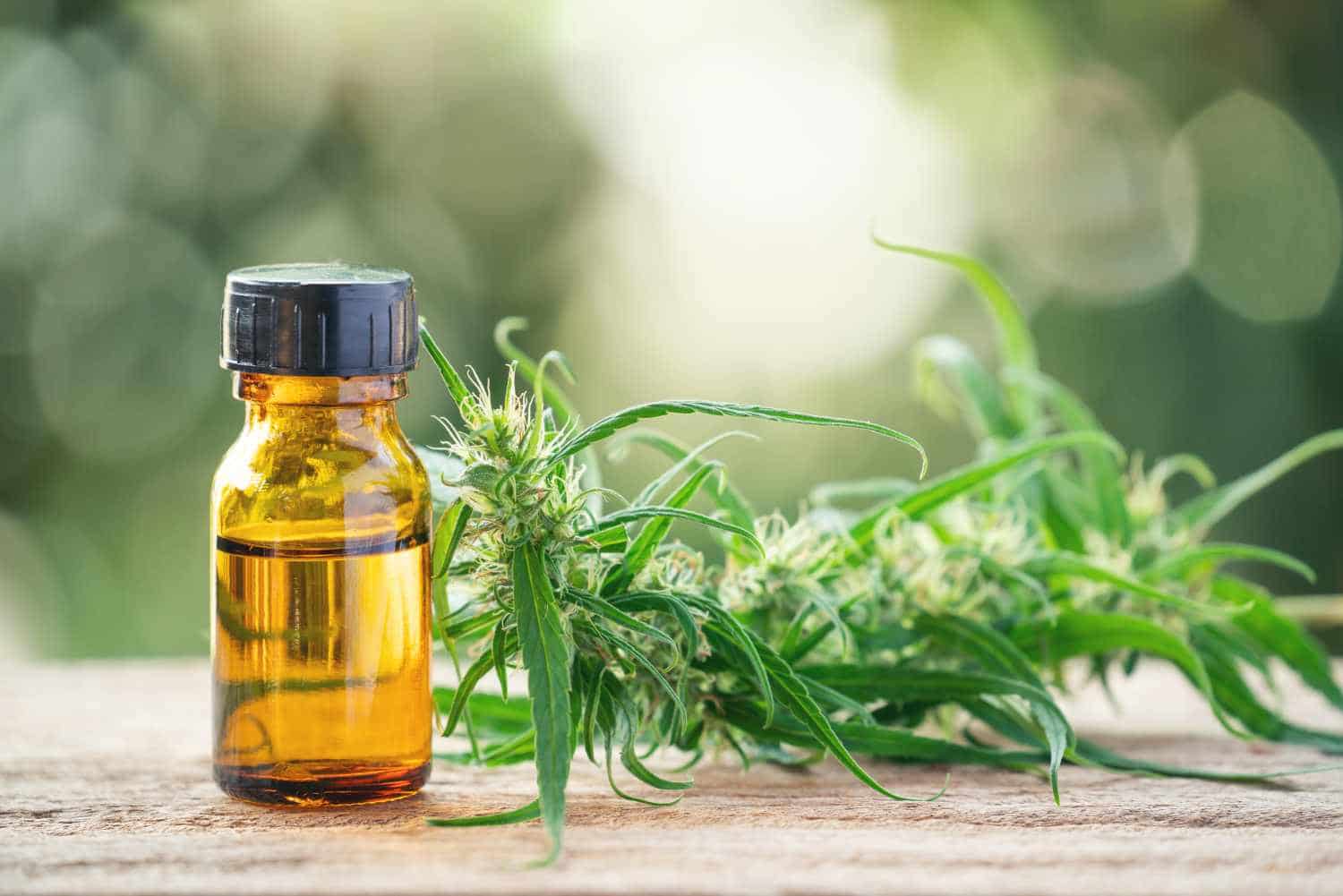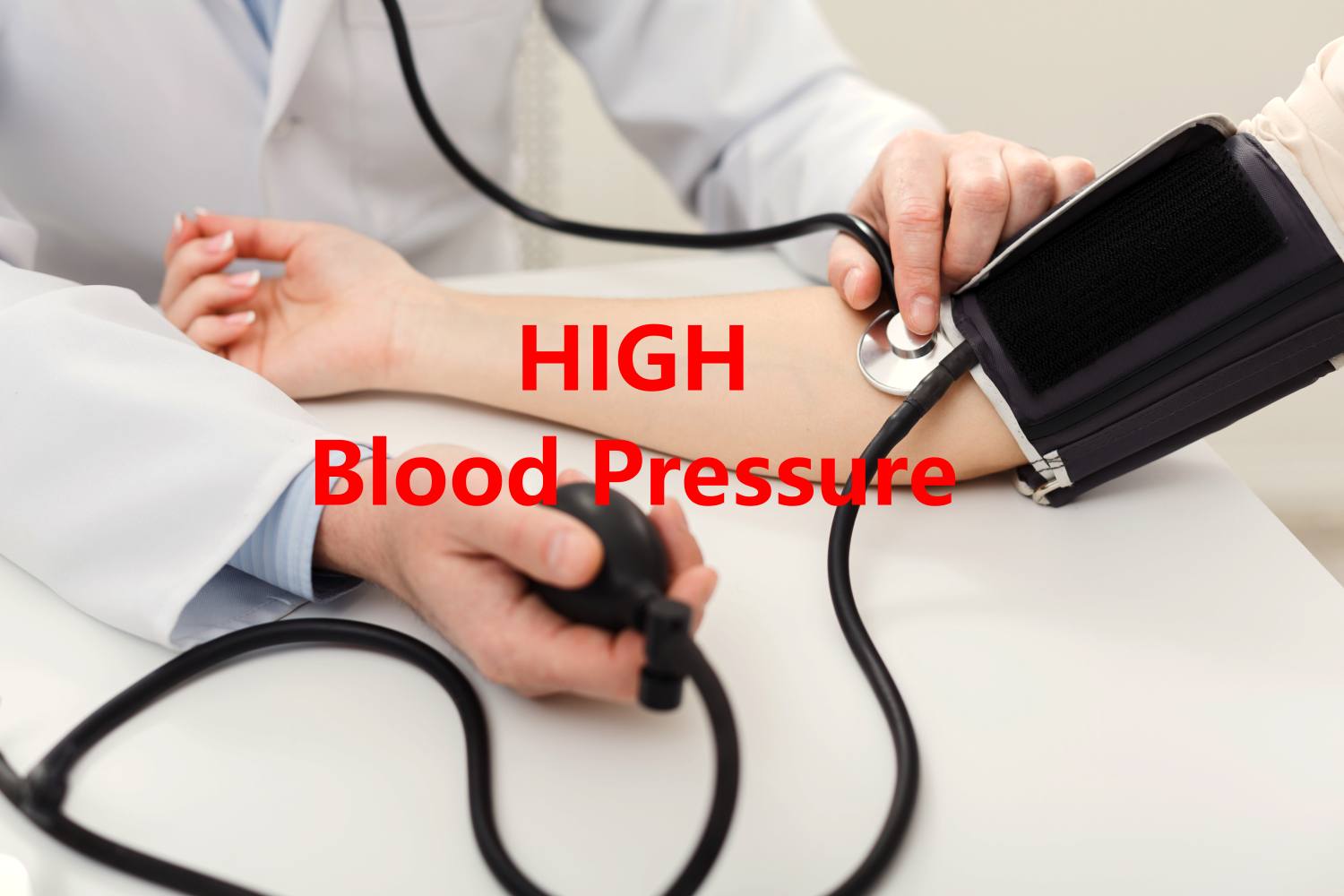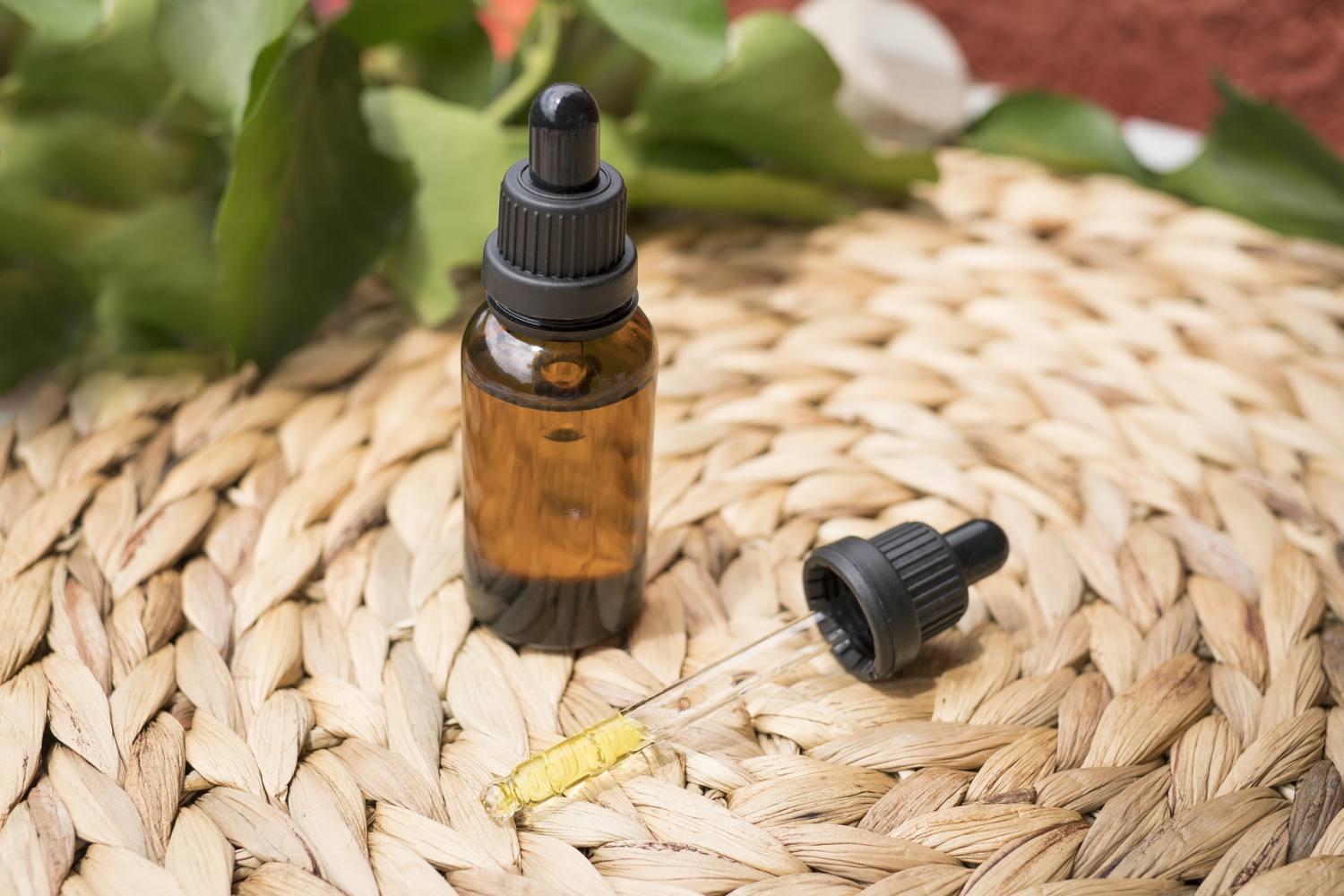10 Home Remedies for Eczema
Eczema is an uncomfortable and irritating skin condition that usually originates as a result of a weak or unbalanced immune system. The symptoms are visible, and in more severe cases can make people quite embarrassed to show their skin around other people.
The most common symptoms are:
- Itchy skin that can turn red, burn and sting
- Hives (bumps of skin that are itchy) may pop up on your skin
- Dry areas/patches of skin
- Blisters that can be filled with fluid that may crust over or ooze
- After a longer period of eczema, this skin can thicken and feel/look similar to leather
The two most common risks associated with eczema are a mutation in the filaggrin gene, and if it runs in your family. Not too much is known about how eczema is passed down genetically, but it’s a well known fact that if a person suffers from eczema, the children have a heightened risk of having it. Here are the most common triggers for flare-ups:
- Insufficient moisturizing of the skin.
- Animal dander
- Mould
- Dust mites
- Certain foods
- Pollen
- Temperature extremes can trigger or worsen eczema
- Certain irritants such as certain fabrics, detergents, perfumes, chlorine, certain soaps and other chemical solvents.
When to see a doctor?
- If your skin inflammation doesn’t seem to get better after a week of your usual treatments.
- If you experience a lightish brown crust and/or fluid filled blisters over your existing areas/patches of eczema
- If you become exposed to any viral skin conditions like genital herpes or cold sores during an eczema flare up.
- If you develop a larger than usual amount of small pus-filled blisters in the usual areas you get eczema
It’s also important to note that symptoms will differ from person to person, so it’s a good idea to see a doctor in if you suspect you’ve developed eczema symptoms. This will help identify the type of eczema you’re suffering from, making it easier to treat. The good news is that eczema has many natural treatments available, and in most cases can be brought under control and the symptoms put into remission. Here are 10 home remedies for eczema:
10 Home Remedies for Eczema
![]() #1 – Diet Eczema may be genetic, but it’s severity and flare-ups are often associated with lifestyle choices. There are some foods that can help, and there are foods that can promote flare-ups. People will react differently to different foods, so it’s a good idea to monitor your reaction to these foods.
#1 – Diet Eczema may be genetic, but it’s severity and flare-ups are often associated with lifestyle choices. There are some foods that can help, and there are foods that can promote flare-ups. People will react differently to different foods, so it’s a good idea to monitor your reaction to these foods.
Foods to potentially avoid:
- Cow’s milk
- Other non-probiotic and pasteurized dairy
- Eggs
- Some seafood and shellfish
- Gluten
- Soy and soy products
- Nuts
- Sugary foods
- Processed foods
- Junk foods
- Fast foods
Beneficial foods:
- Fatty fish
- Quercetin rich foods such as apples, kale, cherries, broccoli, spinach and blueberries
- Probiotic rich foods such as natural yogurts, sauerkraut, kefir, miso, sourdough breads, fermented pickles, tempeh and certain soft cheeses
![]() #2 – Exercise This might not be the first thing that comes to mind when it comes to fighting eczema, but an active lifestyle goes a long way towards helping keep your eczema under control. Physical activity helps make your heart function stronger, improve circulation, help purge toxins and lower stress. Not to mention, exercise is one of the best ways to boost your immune system function, one of the most important factors when it comes to reducing eczema symptoms.
#2 – Exercise This might not be the first thing that comes to mind when it comes to fighting eczema, but an active lifestyle goes a long way towards helping keep your eczema under control. Physical activity helps make your heart function stronger, improve circulation, help purge toxins and lower stress. Not to mention, exercise is one of the best ways to boost your immune system function, one of the most important factors when it comes to reducing eczema symptoms.
It’s important to note that exercise can make your skin conditions worse when you first start due to excess sweat, but this typically goes away within a few weeks, and you should start to see improvements soon afterwards if you continue regular physical activity.
![]() #3 – Coconut oil Coconut oil is a great home remedy for many skin conditions because it helps:
#3 – Coconut oil Coconut oil is a great home remedy for many skin conditions because it helps:
- Keep your skin hydrated
- It Is anti-bacterial, antiviral and is a fungus killer due to the lauric acid contained within
- It’s a light painkiller, so it can help reduce the discomfort associated with eczema
Apply the coconut oil directly to the affected areas of your skin and let it fully absorb. You can repeat this as many times as necessary, but at least two to three times per day is recommended.
![]() #4 – Lavender oil Lavender oil is very useful when it comes to treating a myriad of skin conditions, helps reduce pain, itching, inflammation and irritation.
#4 – Lavender oil Lavender oil is very useful when it comes to treating a myriad of skin conditions, helps reduce pain, itching, inflammation and irritation.
You can add a few drops of lavender oil to your bath, or you can add a few drops to a carrier oil such as coconut and apply to your skin. It’s important to dilute essential oils such as lavender because they can be quite potent and potentially irritating if applied to the skin directly.
![]() #5 – Witch hazel Witch hazel is a common natural remedy for skin conditions, and it works great for eczema. Witch hazel is anti-inflammatory, and it contains tannins, a very effective compound when for treating eczema. It’s also great at reducing itching and redness.
#5 – Witch hazel Witch hazel is a common natural remedy for skin conditions, and it works great for eczema. Witch hazel is anti-inflammatory, and it contains tannins, a very effective compound when for treating eczema. It’s also great at reducing itching and redness.
Dilute witch hazel with water and apply it directly to the affected areas of your skin, you can also use a witch hazel compress. Repeat up to three times per day.
10 Home Remedies for Eczema
![]() #6 – Jojoba oil Jojoba oil is an old remedy for many skin conditions. Jojoba oil has anti-inflammatory properties and wax esters that are absorbed by the skin. It also helps the effectiveness of over the counter creams and ointments.
#6 – Jojoba oil Jojoba oil is an old remedy for many skin conditions. Jojoba oil has anti-inflammatory properties and wax esters that are absorbed by the skin. It also helps the effectiveness of over the counter creams and ointments.
Jojoba oil can be applied directly to the skin, and it also makes a great carrier oil, so you can mix other beneficial essential oils. Apply two to three times per day to the affected areas of your skin and let it absorb.
![]() #7 – Fish oil Fish oil is full of omega-3 fatty acids, and is an effective preventative measure for children. Studies show that consuming fish oil is a great way for kids to reduce their chances of suffering from eczema.
#7 – Fish oil Fish oil is full of omega-3 fatty acids, and is an effective preventative measure for children. Studies show that consuming fish oil is a great way for kids to reduce their chances of suffering from eczema.
![]() #8 – Probiotics Your immune system is 70% dependent on the health of your gut. Probiotic foods are the best way to get a proper balance of the good bacteria that constitute proper gut health, and a strong immune system is one of the best ways to fight eczema.
#8 – Probiotics Your immune system is 70% dependent on the health of your gut. Probiotic foods are the best way to get a proper balance of the good bacteria that constitute proper gut health, and a strong immune system is one of the best ways to fight eczema.
You can take probiotic supplements that are available in every drug store and pharmacy, but it’s a great idea to incorporate probiotic foods into your diet as well. The most common probiotic foods are:
- Sauerkraut
- Yogurt
- Kefir
- Miso soup
- Sourdough bread
- Fermented foods such as tempeh
![]() #9 – Aloe vera Aloe vera is a natural skin treatment and remedy that is also great for treating keeping your skin hydrated if you suffer from eczema. It’s best known for its soothing properties, and keeping your skin properly moisturized. It’s best to use natural aloe straight from the plant, or natural aloe gel product. Aloe vera is one of the best all natural ways of keeping dry skin away.
#9 – Aloe vera Aloe vera is a natural skin treatment and remedy that is also great for treating keeping your skin hydrated if you suffer from eczema. It’s best known for its soothing properties, and keeping your skin properly moisturized. It’s best to use natural aloe straight from the plant, or natural aloe gel product. Aloe vera is one of the best all natural ways of keeping dry skin away.
![]() #10 – Oatmeal Oatmeal is an age-old natural remedy for many skin conditions. It helps soothe dry, irritated and itchy skin, is an anti-inflammatory, and it also contains antioxidants that help nourish your skin.
#10 – Oatmeal Oatmeal is an age-old natural remedy for many skin conditions. It helps soothe dry, irritated and itchy skin, is an anti-inflammatory, and it also contains antioxidants that help nourish your skin.
Add one cup of oatmeal to your bath, and soak for about 20 mintues. You should repeat this every day, especially when you’re treating eczema outbreaks.
There are many prescription creams and ointments available for eczema, but if you’re interested in avoiding the pharmaceutical option then it’s a good idea to give these home remedies a try. It’s also important to remember making some lifestyle changes, such as incorporating an eczema-friendly diet and exercise into your daily life, is often hailed as the most effective way of treating eczema.
Related Home Remedy Searches:
10 most common skin disorders, alternative medicine for eczema, anti itch cream for eczema, apple cider vinegar for eczema, apple cider vinegar for eczema child, dyshidrotic eczema, dyshidrotic eczema pictures, eczema cure diet, eczema cures for adults, eczema home remedies for children, eczema skin condition, eczema skin condition natural cure,
eczema skin rashes, eczema skin rashes pictures, eczema treatment cream, eczema treatment for children naturally, eczema treatment over the counter, eczema treatments, essential oil for eczema recipe, how to get rid of eczema on hands, how to heal severe eczema, how to stop eczema itching immediately, how to stop eczema itching in adults, how to stop eczema itching in babies, how to treat dyshidrotic eczema on hands, how to treat infected eczema at home,
is dyshidrotic eczema contagious, natural oils for eczema treatment, skin fungus, skin rashes, treatment for eczema on face, treatment for psoriasis, treatments for eczema, very rare skin diseases, ways to treat eczema, 10 Home Remedies for Earwax, Natural EarwaxTreatment, excess earwax, eczema remedy,
Eczema References and Eczema Information
- US National Library of Medicine: https://www.ncbi.nlm.nih.gov/pmc/articles/PMC3237513/
- Web MD: https://www.webmd.com/skin-problems-and-treatments/eczema/eczema-exercise-tips#1
- Pub Med: https://pubmed.ncbi.nlm.nih.gov/24320105/
- Grand Rounds Journal: http://www.grandroundsjournal.com/articles/gr000004/gr000004.pdf
- US National Library of Medicine: https://www.ncbi.nlm.nih.gov/pmc/articles/PMC3834722/
- Pub Med: https://pubmed.ncbi.nlm.nih.gov/24442052/
- Pub Med: https://pubmed.ncbi.nlm.nih.gov/19666630/
- Pub Med: https://pubmed.ncbi.nlm.nih.gov/23594506/
- US National Library of Medicine: https://www.ncbi.nlm.nih.gov/pmc/articles/PMC2763764/
- Pub Med: https://pubmed.ncbi.nlm.nih.gov/17373175/
- Read Also: https://homeremediesapp.com/10-home-remedies-for-earwax/

